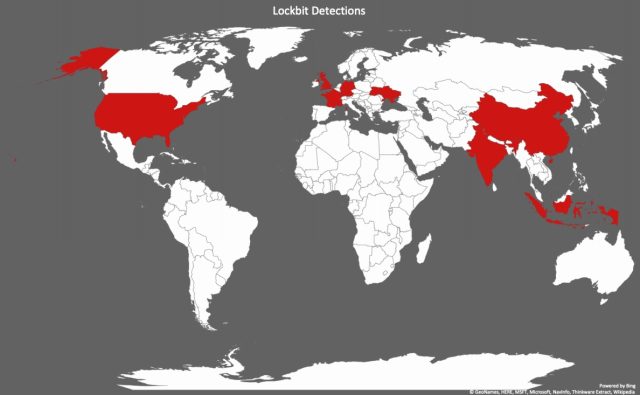Namely, an eight-and-a-half-year-old, New York-based company that sells payroll, talent management and other HR services to mid-size businesses across the U.S. via subscription software, has let go of upwards of 40 percent of its employees. The cuts are across the board, from high-ranking staffers, including a CFO who was brought on almost exactly two years ago, and a chief security officer who has spent just the last year with the company, to its entire customer success team.
Namely CEO Larry Dunivan says the company had reduced executive pay five weeks ago, hoping to avoid layoffs, but that the coronavirus and its impact on business made that impossible.
Dunivan — who joined Namely last summer — declined to specify exactly how many employees were let go or whether the percentage was even higher than 40 percent, a number provided to us by one source familiar with the situation. He did talk about the difficulties of running a startup right now that depends largely on small- and medium-size businesses, noting that even though Namely’s customers sign uo for between one- and three-year-long contracts — as well as pay for a minimum number of employees — many of those customers are finding it difficult to fulfill those contracts right now.
As an example, he pointed to a client that has numerous yoga studios and earlier this year employed 500 people but has laid off all but 15 of them in the shutdown. Said Dunivan, “We had a stark, painful conversation and you could tell I was one of many people she was calling that day. Because I care about that relationship, I waived that minimum for some period of time so she can conserve cash.”
Indeed, said Dunivan, a company like Namely “doesn’t get hit all at once. Because it’s subscription revenue, it happens over time.” But “underlying trends change as customer behavior changes and unemployment rises, and trying to predict future revenue is a tough job” given that no one knows exactly when the world will return to its previous, pre-Covid 19 state.
Nearly four million people filed for unemployment benefits last week, bringing to more than 30 million the nation’s number of unemployment claims.
While the deep cuts are understandable in the current context, they also represent one in a series of milestones that no startup wants to encounter. While Namely was once among New York’s most promising businesses and accordingly raised at least $217 million from investors, including Matrix Partners, True Ventures, and Sequoia Capital, it has seen more than its share of transition at the top. In the most devastating development for the company until now, Namely’s board abrupt fired the company’s cofounder, Matt Straz, as its CEO in 2018.
Accused of actions “inconsistent with that which is expected of Namely leadership,” as the company told employees at the time, Straz has gone on to launch an employee benefits startup called Bennie, but it cast a cloud over the the company (which still isn’t talking about what happened).
Soon after, the board member who led the investigation into Straz — longtime Silicon Valley executive Elisa Steele — was appointed as Namely’s permanent CEO, which at the time helped attract $60 million in new funding to the company led by GGV Capital.
Yet by last summer, she had also left as CEO, a decision that she made based on family commitments says one source, and owes partly to the relationship she had established with Dunivan, he says separately.
In fact, Dunivan says that in his previous role as the interim CEO of the human resources company ThinkHR, he was consulted by Steele on business and product strategy, and that “as sometimes happens, one thing led to the other and i joined” the company in her stead. (Steele remains on the company’s board.)
Certainly, he inherited a business that no longer enjoys the sheen it once did.
As says one person with a stake in the business, “I don’t think anyone is giving up on Namely but it had a modest growth plan at the start of 2020 and that’s now been made uncertain because of [COVID-19]. I think the company is just trying to control what it can and to structure itself so it can operate more efficiently with a major drop-off in revenue.” Adds this person, “It’s like a clean sheet of paper.”
It’s an optimistic perspective and surely one that remaining employees will need to embrace, at least until the fourth quarter, which is when Dunivan estimates that businesses across the board may pick up again.
“This is an extraordinarily difficult time, but we look at the world through a fairly conservative lens and we’re making certain assumptions about how new customers will buy, how existing customers will increase or decrease headcount, and how many businesses will be closed and never to come back,” said Dunivan when we spoke earlier.
“It’s my believe that the recovery will start to show signs of life in the fourth quarter and into the first quarter, and our current looks at it through that lens,” he added. “But in the meantime, employers will be paying fewer people.”
Faced with dwindling options, Namely is now among them.



